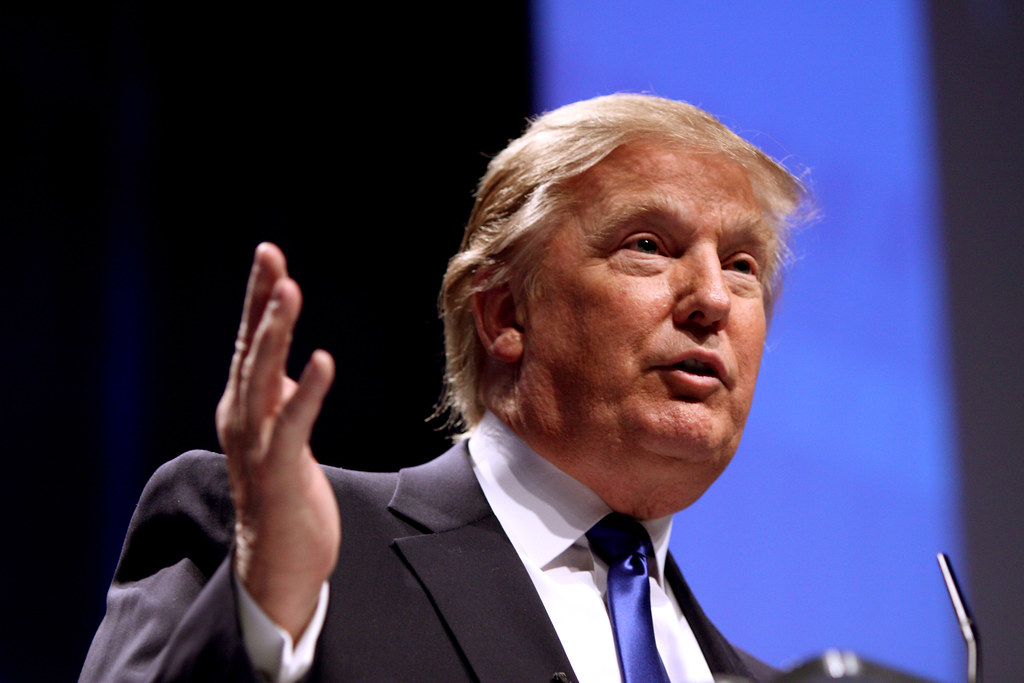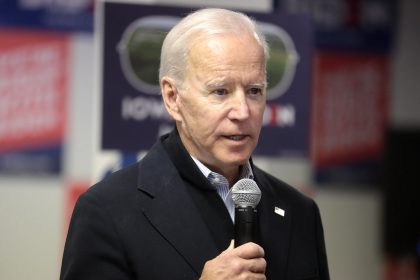A New York jury’s guilty verdict against Donald Trump may have shocked the general public, but those who followed the case closely were less surprised. Despite the burden of proof being on the prosecutors, the case was Trump’s to lose. His legal team’s failure to present a strong counter-narrative and their flawed strategy left the defense struggling, lawyers and former prosecutors told the BBC.
Before the trial even began, one major factor already put Trump at a disadvantage. “The single biggest problem that the defense had in this case,” said Mitchell Epner, a New York civil litigator, “was that Donald Trump was their client.”
Lack of a Strong Narrative
To convict Trump, the jury had to be certain he falsified his business records with the intent to conceal or commit a second crime. The Manhattan District Attorney’s Office argued that with Trump’s approval, his former lawyer, Michael Cohen, paid adult film star Stormy Daniels $130,000 to stay silent about an alleged sexual encounter to avoid derailing Trump’s 2016 campaign. Trump then approved a fraudulent scheme to disguise the reimbursement to Cohen as legal expenses to hide the hush money.
This, according to prosecutors, violated election rules and amounted to “election fraud, pure and simple.” The prosecution presented 20 witnesses and numerous crucial documents, including checks to Cohen bearing Trump’s signature. Trump pleaded not guilty to the 34 counts of falsifying business records.
“The defense never had a story that the jury could accept,” said John Moscow, who spent 30 years working for the Manhattan DA. While they did not need to disprove the prosecution’s case, providing the jury with a plausible reason for Trump’s reimbursement to Cohen would have helped, experts said.
During his final argument, Trump’s attorney Todd Blanche offered an alternative explanation for the fraudulent documents, suggesting they were payments for actual work Cohen did in 2017, and therefore recording them as legal expenses was not fraudulent. The defense also argued that Trump paid Daniels only to protect his family, not to defraud voters, but this argument was never fully developed, said Mr. Epner. “They never picked a lane, and because Donald Trump closed off every lane that could have been reasonably picked,” said Mr. Epner. “They tried to throw dust in the air and make the jurors confused.”
Missing the Key Point
The prosecution used meticulous documentation to show falsified business records, but evidence that Trump actually intended to commit or conceal that crucial second crime was “thin to nonexistent,” Randall Eliason, a professor at George Washington University Law School, told the BBC.
Trump’s team did not focus on this weakness. Instead, they argued that the central events of the case never happened or that witnesses lied. However, the jury may have found these claims unsupported by the evidence and testimony presented later. Mr. Eliason suggested a more effective defense would have been: “Assume for the sake of argument all of this happened. The sex happened, the hush-money happened, and Trump knew about it. Fine. That’s not what the charges are. What’s the evidence of Trump’s actual intent and knowledge? That’s where the case falls short.”
In cross-examining Ms. Daniels, Trump lawyer Susan Necheles sought to portray her as a liar seeking money and fame. “It’s a surprise to no one that there was most likely a lot of pressure from the client to paint certain people as liars,” said Anna Cominsky, a professor at New York Law School. “That’s not necessarily the best defense strategy. Stormy Daniels didn’t have to be a liar for [the defense] to win.”

The Cohen Factor
The defense’s best chance at winning was discrediting Cohen, a key witness. Cohen had a history of guilty pleas for lying to Congress and other crimes, and had made numerous public statements against Trump, raising questions about his credibility.
Mr. Blanche highlighted these points, calling Cohen the “GLOAT” – the “Greatest Liar of All Time” in his closing argument. He also cast doubt on Cohen’s testimony that he had called Trump, who was using a bodyguard’s phone, about the hush money on October 24, 2016.
“I thought that was a huge win for them, potentially catching him in a flat-out lie or misremembering,” Ms. Cominsky said. However, the defense also made missteps. Mr. Blanche’s first question to Cohen was provocative: “You went on TikTok and called me a Crying Little Sh–, didn’t you?” Cohen calmly responded, “Sounds like something I would say.” Justice Juan Merchan admonished Mr. Blanche, asking, “Why are you making this about yourself?”
“The defense called only one substantial witness, lawyer Robert Costello, to undercut some of Cohen’s claims. But Mr. Costello’s testimony was contradicted by his own emails, and in an unusual and chaotic moment, a furious Justice Merchan cleared the courtroom to admonish Costello about his behavior on the stand.
‘The Case Is What It Is’
Not every lawyer believed the defense could have done much differently. “I’m not sure they did anything wrong,” said Karen Agnifilo, former chief assistant district attorney at the Manhattan DA’s office until 2021. “The case is what it is.”
The evidence linking Trump to the crime was strong, others said. “People get convicted on evidence a great deal less secure than this,” Mr. Moscow said.
However, not every legal expert was convinced that the prosecution’s legal prowess won the case. Jed Sugarman, a professor at Boston University School of Law, thought the election fraud aspect was exaggerated for political effect and that the underlying crimes warranting a felony charge were never clarified. He believed the prosecution’s victory came down to bringing the case in a liberal-leaning jurisdiction and selecting a favorable jury.
“Trump’s mistake,” Mr. Sugarman said, “is doing crime-y stuff in Manhattan.”






